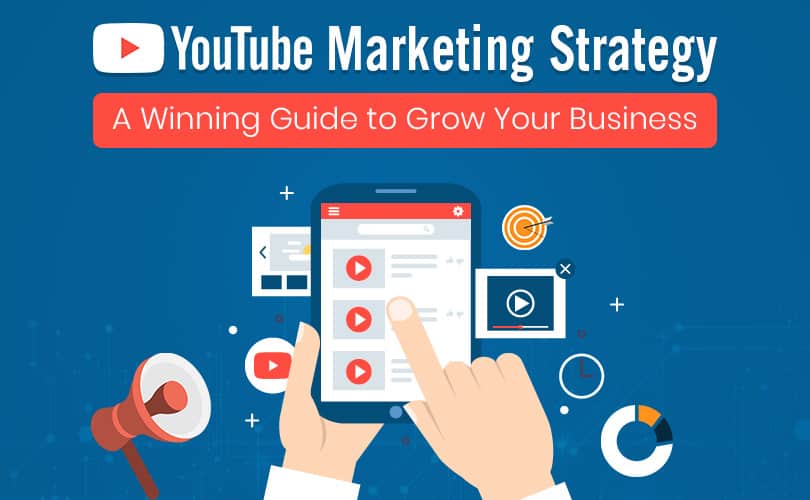How to Choose the Best BI Software for Your E-commerce Website

There is no denying that Business Intelligence has compelled companies to be data-driven. That’s because BI tools have impacted the way businesses analyze data and make crucial decisions. More so if you are in the e-commerce industry.
It is also a primary way for entrepreneurs to generate analytics that can help them take the next best course of action. Hence, BI is integral for any business regardless of its size and niche.
Nonetheless, choosing the best BI tools can be challenging. Luckily, we are here to discuss how you can select the best BI software for your e-commerce site.
But first, let’s start with the basics:
What Information Does Business Intelligence Bring to an E-commerce Website?
Several things can be brought to an e-commerce site. Here is a list:
- Campaign efficiency
- Effective e-commerce site and navigation
- Market trend analysis
- Product performance
- Customer engagement
- Compliance with marketing calendars
- Identifying customer segments
- Seamless buying journey
8 Things You Should Consider When Choosing the Best BI Software
You should consider a handful of things when choosing BI software for your e-commerce business. That’s because these tools can provide you with insights on how you should run your online store.
Goal and purpose
When choosing BI software for your e-commerce business, the first thing to consider is to know what particular pain points you want to relieve.
Finding out what particular pain points you want to solve is a process. Still, having a clear idea of what specific challenges you want to solve with your business lets you request a proof of concept or (PoC) from the vendor.
PoC is integral for your business and its growth.
Intuitiveness
For your BI software to fit into your current set-up, your staff needs first to accept it. The software you use must be easy to load, use, and navigate.
At Sytian Web Design Philippines, we recommend a simple and attractive e-commerce web design. This includes having a user-friendly interface. Ideally, it should provide you with a great user experience.
Many people purchase software only to realize they’ve made the wrong choice. To avoid spending your hard-earned money, it would be best to test out the water first and try a free trial of the software version.
This will help you learn how intuitive this tool is and other minor yet essential features that aren’t often listed.
Various report formats
Ideally, business intelligence systems will show summarized data analytics reports. This will allow you to examine future performance growth or device plans.
Therefore, the BI tool you choose should have dashboard features and charts, tables, and graphic format. You should also confirm that the BI tool is mobile-responsive so that the data can be accessed anywhere on any device.
Scalable memory and satisfactory performance
Since the amount of data is rapidly increasing, the number of users in a business intelligence system also increases.
For business intelligence and storage systems to support this kind of data growth, you must have a scalable and expandable environment. It should be ideal for filling, restoring, reorganizing, and updating data.
Real-time data
It would help if you chose BI solutions to gather data in real-time. This gives you the benefit of getting up-to-minute information that is more effective than looking for outdated data.
It would be helpful to look for the automated data refresh feature to customize and set the dashboard publication schedule.
Level of security
Because BI tools often hold confidential information about your business, security is vital. Make sure that you choose a BI tool that’s configurable based on the role of the user and assigned permissions.
So, it would help if you thought of careful modes when storing this information. Fortunately, business intelligence can help you in this regard. It also allows you to look for a good BI tool with a robust encryption mechanism and controlling internal security.
Offline storage
In the same way, it’s also great if you choose a BI system that offers you offline storage ability. This instantly provides you with the result of reporting, even if you’re online.
Most businesses often use APIs to build a solid offline database within the BI tool itself.
Ease of use
Ease of use refers to how quickly or systematically your team can adopt a new system.
Whether it is a BI tool or an e-commerce website plugin, it is vital that they are easy to use. The faster you and your team can learn how to use a system, the quicker you can generate your ROI.
Hence, look for BI software that is quick to learn and can provide you with the business data you need.
A business intelligence tool offers valuable data to make crucial and informed decisions. Nonetheless, there is no one perfect BI software. Hence, pick a tool that can help you generate real-time and accurate data that can help you scale and grow your e-commerce business.



